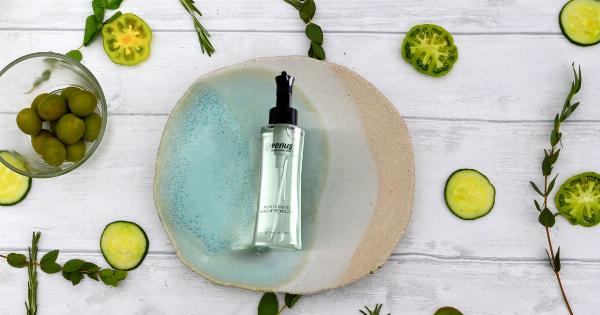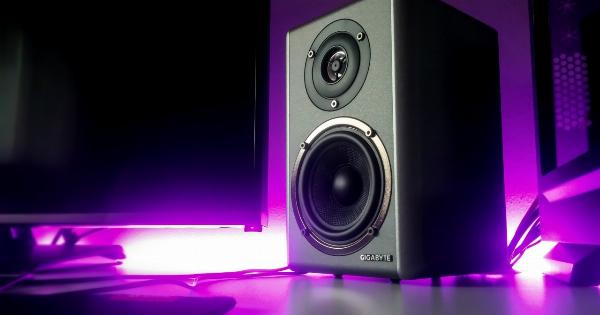Acne is a common skin condition that affects people of all ages. While hormonal changes and genetic factors play a significant role in acne formation, your daily actions and habits can also contribute to the development and worsening of acne.
Many lifestyle choices and behaviors can influence the occurrence of breakouts, and understanding these factors can help you make better decisions to improve your skin health. In this article, we will explore some of the actions that may be causing your acne and provide tips on how to prevent or manage this frustrating skin condition.
Unhealthy Diet
The food you eat has a notable impact on your overall health and well-being, including your skin. Consuming a diet high in processed foods, sugars, and unhealthy fats can contribute to acne formation.
These foods increase insulin levels, causing inflammation and excess sebum production, leading to clogged pores and acne breakouts. To reduce acne, incorporate a well-balanced diet rich in fruits, vegetables, whole grains, lean proteins, and healthy fats such as omega-3 fatty acids.
Poor Skincare Routine
Not adhering to a proper skincare routine can also contribute to acne. Failing to cleanse your skin regularly or using harsh cleansers can strip away the natural oils that protect your skin, leading to dryness and irritation.
This can trigger the overproduction of sebum, clogging your pores and causing breakouts. It is crucial to cleanse your face twice daily, use non-comedogenic products, and moisturize to maintain healthy skin.
Failure to Remove Makeup
Leaving makeup on overnight is a common mistake that can worsen acne. Makeup, especially heavy or oil-based products, can clog your pores and trap bacteria, leading to inflammation and breakouts.
Always ensure to remove your makeup before going to bed using a gentle cleanser or makeup remover. Additionally, regularly clean your makeup brushes and sponges to prevent the accumulation of bacteria.
Excessive Touching of the Face
Constantly touching your face can transfer dirt, oil, and bacteria to your skin, increasing the likelihood of acne formation. It can also irritate your skin and disrupt the natural balance of oils.
Avoid touching or picking at your face unnecessarily, and if you need to touch your face, always ensure to clean your hands thoroughly beforehand.
Using Dirty Pillowcases and Towels
Pillowcases and towels can harbor accumulated dirt, bacteria, and sweat, which can contribute to acne breakouts. Sleeping on a dirty pillowcase can transfer these impurities to your skin, clogging your pores and causing irritation.
Regularly change and wash your pillowcases, towels, and any other fabrics that come into contact with your face to maintain clean and acne-free skin.
Physical and Emotional Stress
Stress is known to trigger and exacerbate acne. When you are stressed, your body releases cortisol, a stress hormone that increases sebum production and inflammation in the skin.
Additionally, stress can lead to poor sleeping patterns, hormonal imbalances, and unhealthy coping mechanisms such as excessive junk food consumption or neglecting skincare routines. Incorporating stress management techniques such as exercise, meditation, and adequate sleep can significantly improve your skin health.
Using Inappropriate Hair and Skincare Products
Certain hair and skincare products can contain ingredients that are comedogenic or irritating to the skin. These products can cause clogged pores, inflammation, and acne breakouts.
Always read the labels of your hair and skincare products, and opt for non-comedogenic and fragrance-free options. Additionally, avoid using oily or heavy hair products that can come into contact with your face and exacerbate acne.
Excessive Sun Exposure
While sunlight can have some positive effects on acne in moderation, excessive sun exposure can be detrimental to your skin. The sun’s ultraviolet (UV) rays can damage your skin, leading to inflammation and increased sebum production.
This can worsen existing acne or trigger breakouts. Protect your skin by wearing sunscreen with at least SPF 30 and limiting sun exposure, especially during peak hours.
Lack of Sleep
Inadequate sleep not only affects your overall health but also impacts your skin. During sleep, your body repairs and rejuvenates itself, including your skin.
Poor sleep quality or insufficient sleep can increase stress levels and disrupt hormonal balance, leading to increased inflammation and acne severity. Aim for 7-9 hours of quality sleep each night to support your skin’s health and prevent acne breakouts.
Incorrectly Handling Breakouts
Dealing with breakouts incorrectly can prolong their lifespan and potentially cause scarring.
Picking, squeezing, or popping pimples can introduce bacteria from your hands into the acne lesion, leading to further inflammation, infection, and potential scarring. It is best to leave your breakouts alone or seek advice from a dermatologist for safe and appropriate treatment options.
Conclusion
While hormonal factors and genetics play crucial roles in acne formation, your daily actions and habits can also significantly contribute to the development and aggravation of acne.
By understanding and avoiding these acne-causing actions, such as maintaining a healthy diet, following a proper skincare routine, and managing stress levels, you can better prevent and manage acne breakouts. Remember, taking care of your skin is a holistic process that involves consistent self-care and healthy lifestyle choices.

























